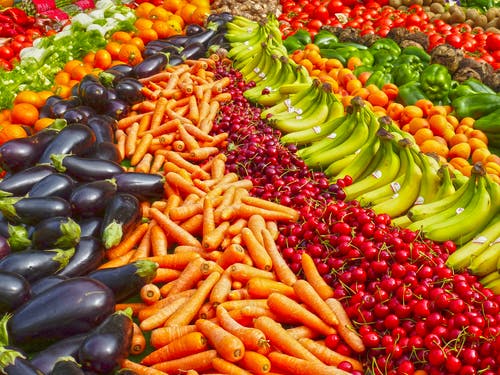The Competition Commission is set to investigate market conditions along the fresh produce supply chain in South Africa. The inquiry will search for any signs of uncompetitive behaviour or price fixing in the industry.
The Commission noted that concerns around the fresh produce market were first raised during the Covid-19 pandemic. Several reports and findings of uncompetitive and unfair pricing were produced since the onset of the pandemic.
“According to studies, there appears to be broad concern over price levels and volatility of pricing for fresh produce in South Africa. The studies show that high prices of fresh produce have a disproportionate effect on the poor and low-income earners who have to spend a greater portion of their income to purchase essential products,” the commission said.
According to the Commission’s spokesperson, Siyabulela Makunga, an inquiry of this nature was important because around 30% of household income is spent on fresh produce and essential goods.
SMread: The State of disasters
Fresh Produce Market Inquiry (FPMI)
The commission said that the Fresh Produce Market Inquiry (FPMI) will investigate the supply chain in search of any features that impede, restrict or distort competition. The inquiry will take 18 months, beginning in March this year.
“We could not only look at the prices alone. We look at the value chain in its entirety. We’re going to be looking at what is the contribution of a farmer in terms of determining the price, what is the contribution of a wholesaler or a distributor, but also what kind of challenges are faced in the sector,” said Makunga.
Makunga said the inquiry would engage with a wide range of stakeholders in pursuit of solutions. Such stakeholders would include farmers, the retail sector, academia and the government. He said the government as a stakeholder would be queried about interventions and support it had provided to the sector.
SMread: ANALYSIS: Ramaphosa is building a super presidency while ministers sit at home
Food inflation
Despite the latest consumer inflation reading showing a decline from 7.2% in December to 6.9% in January, food inflation remains persistently high.
The price of basic food items increased dramatically over the past year due to the fallout of the pandemic and the subsequent Russian invasion of Ukraine. The annual rate for food and non-alcoholic beverages reached a fourteen-year high in January (13.4%). This was the highest reading since April 2009 (13.6%).
The price of bread and cereals increased by 22.1% while oil and fats climbed 18.5%.
Econometrix chief economist, Azar Jammine, told EWN load shedding would continue to drive prices as supply decreased.
“Despite the fact that we’ve had very good rains and a solid agriculture season, we are not seeing the benefits in terms of lower food inflation,” he said.
